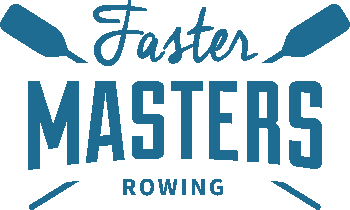How to select the right races for your head racing season. Ways to build up to the big race event. Improving race plans and race execution.
Timestamps
01:00 The big event is your focus. It’s easy to choose the big event. But the season starts with smaller events.
If you are new to head racing choose local events you can do in a day trip. Choose those with uncomplicated courses and reliable water. More experienced racers choose races to help me perform better in your peak event.
3 things to consider when choosing your head races
- Conditions
- Competition
- Steering complexity.
04:00 Check the rowing regatta calendar to find events,
David Biddulph’s rowing calendars, Regatta Central, Row2k, Rowit.nz, are other calendars for different countries.
Few people are good enough at racing to just do one big event – most of us need preparatory events to test ourselves out. Get a reminder about fitness, steering, race craft skills all need practice.
Work back from the date of your big event and get a race, a race simulation or private match every 2-3 weeks leading up to the big event.
06:30 Choosing events to build up to
Have something every 2-3 weeks. Marlene thinks every weekend is too much for her preference. Consider the time it takes to travel, load boats, get equipment to the event – it all takes planning. You can do simulated races too – doing a time trial at home is different from a regular practice outing.
Your recovery and age are also considerations if you choose to race every weekend.
- Time trial at home
- Local race with travel + trailering
09:30 Marlene chose low-key Maine races during summer for her comeback season. She raced 6 times just to get ready to go back to HOCR in the fall.
11:00 Race execution
Make a list of what to do – improve the list as you practice different regattas in order to refine it. Create a trusted system that works for you. This takes a lot of stress off you because you have a reliable timetable.
Carlo Zezza Winning Head Races book
14:30 Create a simulated race at your home water.
Do a warm up, check over the boat. See if you can get another club to come and race against you.
16:00 Improving race plans
Next time we talk about race plans. Think about your race, what are your strengths and improvement points? Build skills into your workouts – this is what the Faster Masters training programs include. Each workout has technique as well as workout recommendations.


